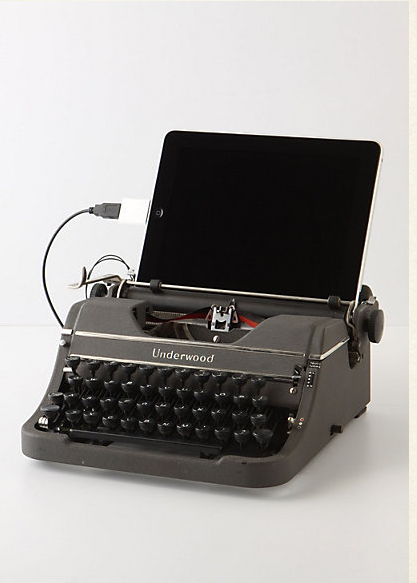
Last night as I was leaving the local pub, a middle-aged drunk woman jumped into my car with me before I knew what was happening. She said, “Hey, gimme a ride up the street?” and proceeded to talk about her husband who doesn’t come home when he should but who’s pretty good to her.
I didn’t know she was a prostitute until she said, “Hey, slow down,” at which point I slowed to 30mph on a 45mph street, and “Roll down your windows. How am I supposed to see?” So we rolled past the seedy motels of my neighborhood, as she explained to me how she has to see who’s where. This somehow made sense to me. It even made sense when she had me turn onto a street behind an abandoned Winn Dixie and onto another, smaller street where several men strolled on cell phones. I thought this was where she’d get out, but when two of the men came up to the car, she told me to go. She said, “Go. Now.” Even this seemed okay. We drove some more, casing more corners, checking out the motel situations.
We spotted another woman she knew, much younger, much thinner, much more traditionally dressed for this line of work, and I pulled onto a corner to drop her off. But we were friends now. She didn’t want to leave, so she whispered that the girl was her daughter. I said, “Really?” and she said, “No.”
The two of them argued through the window about a lighter for a while, and then they fought about age differences. “She says I’m 14,” the new girl told me, “but don’t believe her. I’m 29.”
And then the woman with whom I’d, by now, spent a half an hour or so, jumped out of my car and started chasing her friend down the street and out of my life. All I could think was, I have to get out here more often. What a great story this would make. And I do this all the time. With my dad’s Alzheimer’s. With crazy roommates. How will I do this justice on paper, as though paper is the only way to legitimize life.
Do other writers do this? Am I my own kind of prostitute?













